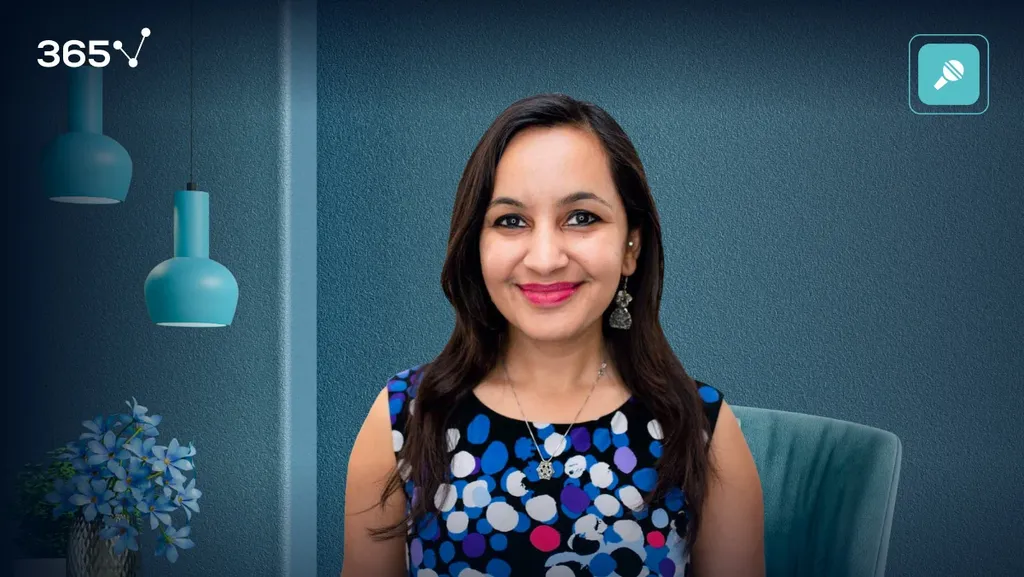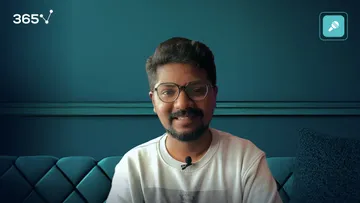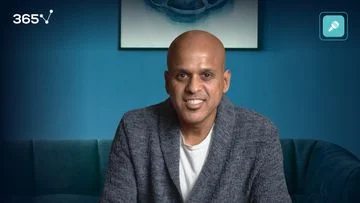
Breaking into data science is a long and winding road that requires technical and soft skills and a lot of resilience. We spoke to renowned industry experts and well-liked names in the data science community to discover how and when they knew they had what it takes for a career in the field. They shared their stories and the qualities they developed to succeed.
In this interview, we introduce you to Shailvi Wakhlu—an accomplished data science leader with 16+ years of experience in Fortune 500 companies and startups. Learn about her journey and her advice for aspiring data scientists.
Interview with Shailvi Wakhlu
Would you please tell us a bit about your background and journey into data science?
After studying computer engineering in college, I started my career as a software engineer. I was in that role for five years, when I moved into data analytics with the same company but on a different team. At that point, I didn’t know many people in that field, so I learned many things on the job. But I loved the field immensely and have stuck with data science for over a decade.
When did you know you have what it takes?
I’ve been lucky to have had some very vocal stakeholders who acknowledged my work’s impact and praised my technical solutions. One specific instance I remember was when I worked at Salesforce as the lead data analyst supporting a business line. I was presenting to the CEO of said line, and my boss (who was someone I really admired) and I had a difference of opinion on the business value of a particular metric.
I knew the data and the business needs inside and out. So I was convinced I was correct in my thought process. Fortunately, the CEO of the business line and all the other stakeholders agreed with me. It was an extraordinary moment of validation that I had what it takes to be a great data scientist who provides tangible business value.
As a data scientist, one needs strong analytical thinking and a lot of technical know-how. What skills did you start with, and how did you develop them to meet the role requirements?
Technical skills are essential for success as a data scientist. I already had a programming background, so that part was more manageable. I actively sought resources to help me learn more about statistical methods and visualization techniques. Soft data science skills like communication, storytelling, and business alignment are critical and separate a good data scientist from a great one. And so I tried to hone those skills as well.
Learning is a lifelong process—especially in a field that’s as dynamic as data science. Is there something new you’d like to learn more about or become better specialized in?
I aim to go broad rather than deep since that aligns well with my experience and interests. I agree that data science is dynamic, with new tools and methodologies developing daily. I keep current and learn more about what’s new. In addition, I like to invest in resources that at least teach me the basics of contemporary skills—diving deeper as needed.
As an expert in the field, you must have an ample idea of the qualities a person needs for data science. What would you say those are?
Technical data science skills. Strong communication and data storytelling skills. And lastly, a great understanding of business needs with the ability to map those to data problems.
As the industry develops, the demand for skilled data scientists grows exponentially. What gives an aspiring data scientist a competitive edge in 2023?
Most companies are now data companies—their product is data, typically aggregated as a product or service in some way. This is great news for data scientists, as the job outlook is positive and there are plenty of opportunities are available.
Data scientists who invest in their skills, make efforts to understand the different needs of different businesses, and master storytelling with data will have a competitive edge.
We want to thank Shailvi for taking the time to provide valuable insights into what it takes to be a data scientist.
Our aim at 365 is to equip you with the tools and give you the necessary guidance to succeed. Designed never to let you give up, the 365 Data Science platform has what you need to develop your qualities and skills.
Go from a beginner to a skilled professional who creates data-driven value. Study the statistics and probability theory behind data science with online courses led by our renowned instructors, and master sought-after skills like Excel, SQL, and Tableau. Prove you’ve got what it takes with industry-recognized certificates.



